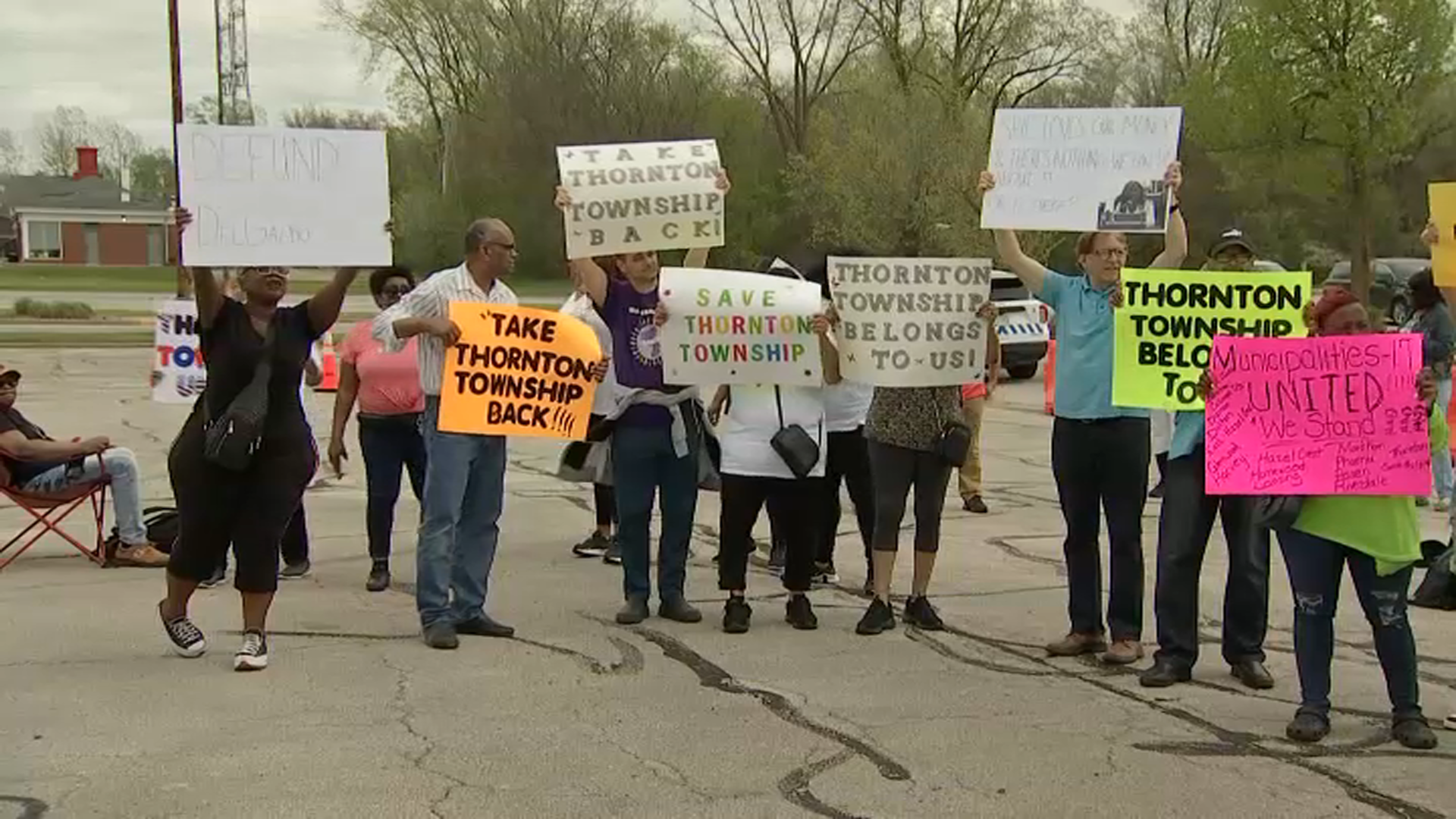Chicago Public Schools – accused by the state of improperly restraining its students – says it is now in compliance with a state mandate to train additional teachers and staff in the areas of de-escalation and proper restraint techniques.
The announcement this week by CPS comes after years of falling short – where students and staff alike have been hurt during the use of restraints.
A months-long investigation by NBC 5 Investigates found that problems with restraints have persisted even after state laws were changed to address concerns.
Staff have blamed students’ unruly and aggressive behavior with prompting physical restraints to protect others, but advocates against the use of restraints say more attention needs to be paid on addressing students’ individual needs ahead of when restraints might occur.
Feeling out of the loop? We'll catch you up on the Chicago news you need to know. Sign up for the weekly Chicago Catch-Up newsletter here.
As part of our reporting, NBC 5 Investigates reviewed more than 400 restraint and time out reports from the past two school years in Chicago Public Schools.
What we found:
- There were at least 12 reported injuries involving the use of restraints.
- There were at least two instances of prone restraint since January – a facedown hold that is now illegal and banned in the state of Illinois.
- 61 of the restraints involved at least one staff member who had not been trained – a violation of state law.
- In 83 of the restraints, we found data missing that would’ve explained who was involved, if they were trained, why the restraint happened in the first place and if anyone was hurt.
An April 18 letter from State Superintendent Dr. Tony Sanders spelled out the district’s non-compliance and noted that the continued use of restraints and time outs by untrained staff “demonstrates that CPS is jeopardizing the health and safety of CPS students and staff.”
Local
The district was up against a Monday deadline to train at least two staff members at each of the district’s 517 schools.
While the district and state board of education says CPS has met that requirement, CPS still faces state-led investigations into other concerns about restraints, NBC 5 Investigates has learned.
Sanders’ April 18 letter did not address concerns with improper restraints at the Juvenile Temporary Detention Centers, charter schools or the use of unlawful restraint at another elementary school in the district, among others.
The Illinois State Board of Education declined a request for an interview, but in an emailed response, a spokesperson wrote:
“CPS meeting the staff training requirements is the first step. ISBE will continue to work with CPS to come into compliance with other requirements as outlined in the district wide improvement plan. Other individual complaints are ongoing. As we would do for any school district, ISBE will work with CPS to address the complaints and provide additional support to those schools as necessary once the investigations are concluded.”
After weeks of pressing for an interview, Chicago Public Schools initially agreed last week to do an interview Monday, but only after a reporter suggested showing up a back-to-school event to ask questions.
On Monday, the spokesperson said someone with the district would be made available at a later date.
In district news release issued late Monday afternoon, CPS CEO Pedro Martinez was quoted as saying:
“CPS aims to create a safe learning environment for all students and the use of physical restraint in our schools should always be a last resort. We thank our principals and staff for prioritizing this important training. We are proud to start the new school year with staff appropriately trained at every school and will continue to prioritize this important training for our school staff.”
NBC 5 Investigates did find records where students were restrained after reportedly making threats or exhibiting violence, but in dozens of other cases, the forms the state requires to be completed were left blank, or were missing key details on who was involved, if they were trained, or even why the restraints happened in the first place.
The district’s improvement plan to address concerns with restraints notes that staff haven’t been clear on how to fill out the forms.
Fairfield Elementary reported placing students in restraint holds 82 times over the past two school years. Many lasted just a few minutes – but records show at least 23 restraints appeared to last 45 minutes or longer.
In the April 18 letter, the state superintendent expressed concerns to CPS about the restraints at Fairfield and others – noting the records don’t show if the restraints “were periodically halted to evaluate if imminent danger still existed.”
The letter also accused CPS of failing to keep accurate records and falling short when it comes to informing parents.
In response, CPS staff said they were confused by how to fill out the documents and that intermittent breaks did occur.
“What I have seen in reviewing some of the paperwork that CPS submits is students are restrained when there isn’t imminent harm, ” said Miriam Bhimani, a former educator and CPS parent.
Bhimani became concerned after her daughter witnessed another student being placed in time out.
She’s since filed numerous Freedom of Information Act requests with the district. She’s received dozens of invoices from the company QBS, which the district hired to train teachers and staff in de-escalation and proper restraints.
Training videos posted online show various techniques CPS teachers are taught. The district’s contract allows those trained teachers and staff to then train others.
Invoices show since March of last year, the district has paid QBS more than $763,000 for these trainings.
The latest federal data from the Office of Civil Rights from 2017-2018 shows 70,833 students across the United States were subject to a physical restraint - 80% of those were students with disabilities and were more likely to be Black or Brown students.
Because of that, child advocates say the focus should be on de-escalating behaviors before restraints occur.



